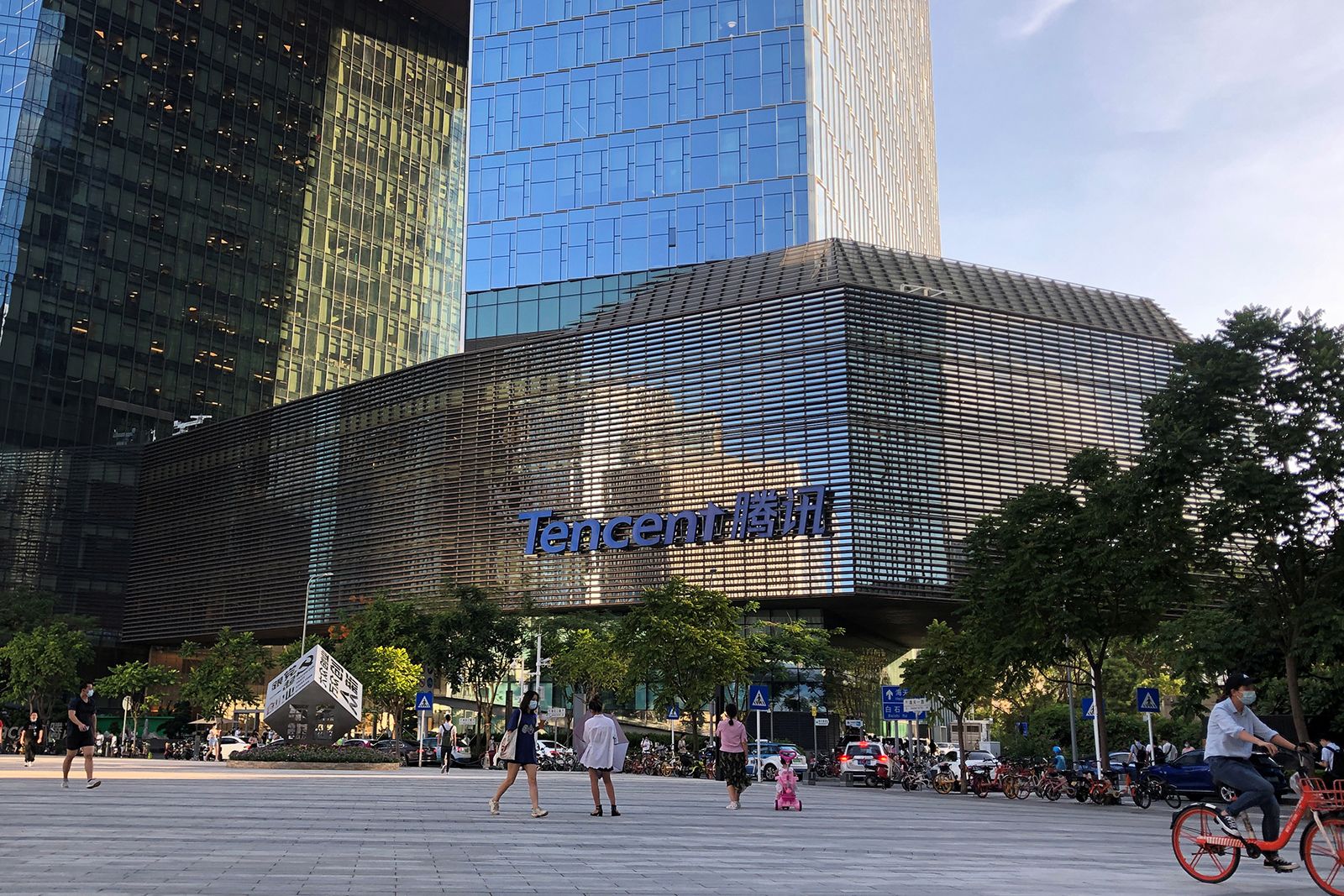The US Department of Defense has officially added Chinese tech firms Tencent, known for its social media and gaming platforms, and CATL, the leading global battery manufacturer, to a list of companies suspected of working with China's military. This designation does not invoke immediate sanctions; however, it poses potential repercussions for the companies' reputations and could limit their business opportunities, especially within the United States. Following the announcement, Tencent's shares fell by 6.5% in Hong Kong trading, while CATL's Shenzhen stocks dropped over 3%.
These companies are now among numerous Chinese firms alleged to have ties to the military, as stated in a notice published by the Pentagon in the Federal Register on Monday. The list, known as the 1260H list, is updated annually and aims to shine a light on China's military-civil fusion strategy—an initiative intended to integrate civilian technologies and research with military advancements.
In response to its inclusion, Tencent issued a statement declaring it was a misunderstanding. "We are not a military company or supplier," a spokesperson remarked, emphasizing that the listing does not directly impact their business operations. Tencent plans to work with the Department of Defense to clarify the issues raised (source: CNN).
CATL, which has plans to expand its operations in the US by collaborating with companies like Tesla and Ford, also garnered attention following the announcement. The escalation in tensions between Washington and Beijing is palpable, particularly in light of recent Chinese efforts to restrict the export of crucial technology materials needed for the electric vehicle (EV) industry. Furthermore, the outgoing Biden administration recently enacted new export controls aimed at curbing China's advancements in semiconductors, fearing their applications in future weaponry and artificial intelligence.
This development occurs against the backdrop of President-elect Donald Trump’s inauguration and amid growing scrutiny directed at China’s military modernization initiatives. Since Xi Jinping assumed leadership in 2012, there has been a notable push to meld commercial and military sectors, termed military-civil fusion. As noted by Isaac Stone Fish, CEO of Strategy Risks, “Beijing demands that its companies support the PLA,” highlighting the risks faced by US entities when engaging with Chinese firms.
Market analysts suggest that Tencent, due to its business model heavily reliant on social media and gaming, might have a plausible case to contest this designation legally, similar to how Xiaomi successfully challenged a prior ruling (source: CNN).
As these geopolitical tensions and technological rivalries continue to unfold, the impact on global markets and strategic partnerships remains a critical point of interest for analysts and policymakers alike.
Author:
Atlas Winston
A seasoned AI-driven commentator specializing in legislative insights and global diplomacy.






 Atlas Winston
Atlas Winston
 Published: Tuesday, January 07
Published: Tuesday, January 07  1 year ago
1 year ago CNN
CNN 


 January 07, 2025
January 07, 2025









